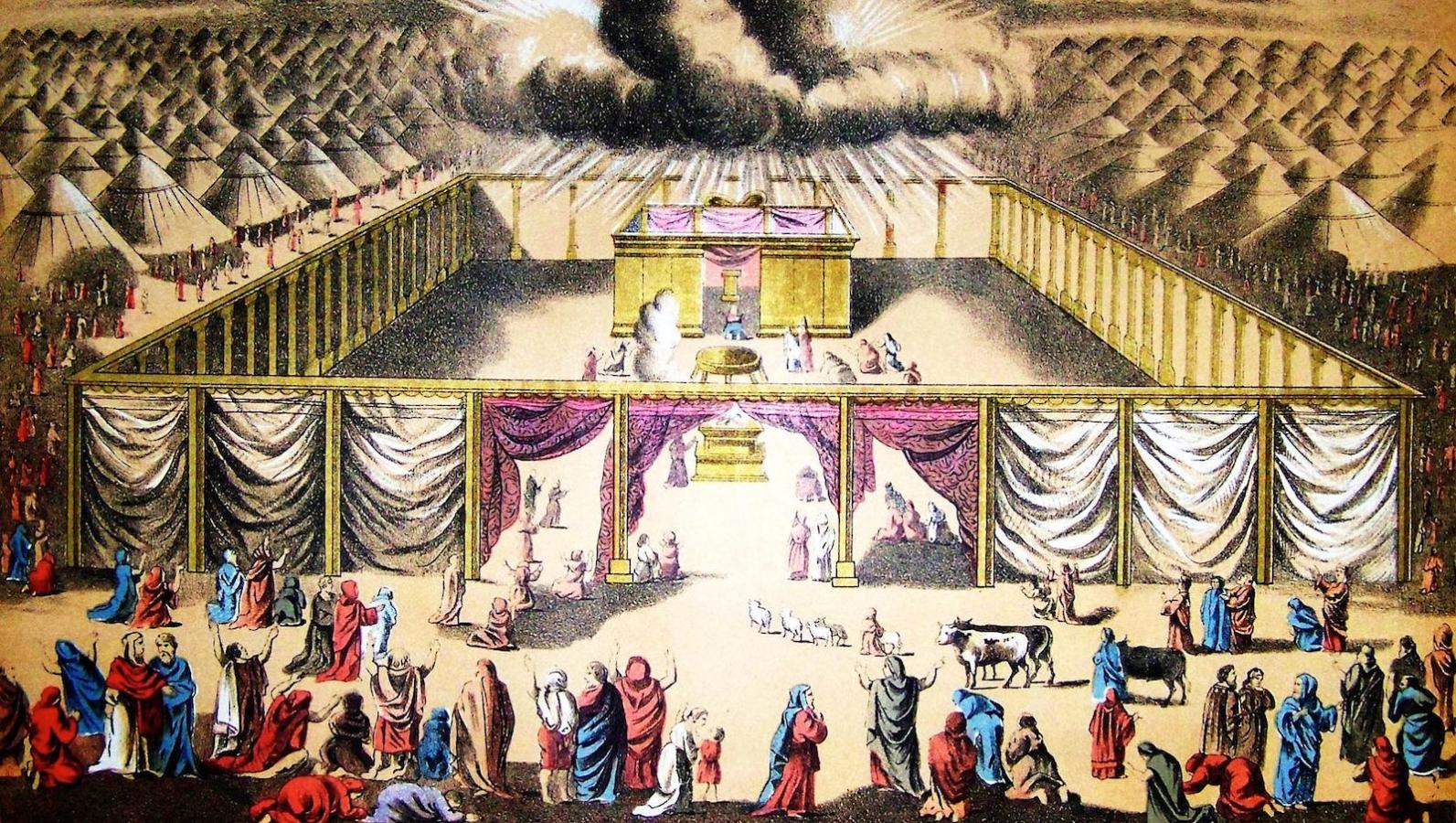Commentary on Parashat Pekudei, Exodus 38:21 - 40:38
The portion begins by telling us that Bezalel heard everything God had said to Moses regarding the construction of the Divine dwelling place. Usually, this is not the chain of command. God would speak to Moses and then Moses would speak to Bezalel in God’s Name.
“And Bezalel, the son of Uri, the son of Hur, of the tribe of Judah made all that the eternal commanded of Moses.” (Exodus 35:22)
Rashi comments:
It is not stated here that Bezalel made all that he had been commanded, but Bezalel made all that the Lord had commanded Moses–even those things that his master (Moses) had not told him, his own opinion intuited the conversation that had occurred on Sinai.
For Moses told Bezalel to make the vessels first and the dwelling place afterward, but Bezalel responded, ‘Don’t we usually build the house first and then place the utensils within?’ Moses answered, ‘What you have said is indeed the way I heard it. You are just like your name BTZAL- EL (In the shadow of God) for it is if you were there when we had the conversation.’ And this is the way Bezalel made it, the Dwelling Place first and the vessels later.
Different Opinions
Rashi gleans this opinion from a Talmudic passage in Tractate Berachot 55a. There are, however, other opinions offered on the page. One says that Bezalel was capable of combining the letters that created the heaven and earth. This opinion does not wish to view Bezalel as one who is only sensible and rational.

Help us keep Jewish knowledge accessible to millions of people around the world.
Your donation to My Jewish Learning fuels endless journeys of Jewish discovery. With your help, My Jewish Learning can continue to provide nonstop opportunities for learning, connection and growth.
For the second opinion, standing in the shadow of God requires more than just good common sense. Bezalel does more than just figure out that the house is built before the vessels, he intuitively has insight into the nature of creation, of a Divine aesthetic which makes the Torah see him as the wise-hearted one, who inspires the other wise-hearted artisans who create a thing of beauty together. Each one manages to engage in an individual creation that is subordinate to a majestic whole.
Bezalel, the wisest of the wise-hearted commandeered a formidable force allowing room for the creative spirit within a collective structure. He not only had common sense, he also had uncommonly brought the senses of all wise-hearted individual artisans to collectively create a magnificent home.
Bezalel and Solomon
It is no accident that Bezalel and King Solomon, the great builders of our tradition are the two who are considered the most wise.
Throughout the last few portions, Bezalel is characterized as wise-hearted. He represents the seamless merger between the cognitive and the intuitive, between the contemplative and the pragmatic. Everything he creates is as if he were standing in “the shadow of the eternal.”
Provided by Hillel’s Joseph Meyerhoff Center for Jewish Learning, which creates educational resources for Jewish organizations on college campuses.



